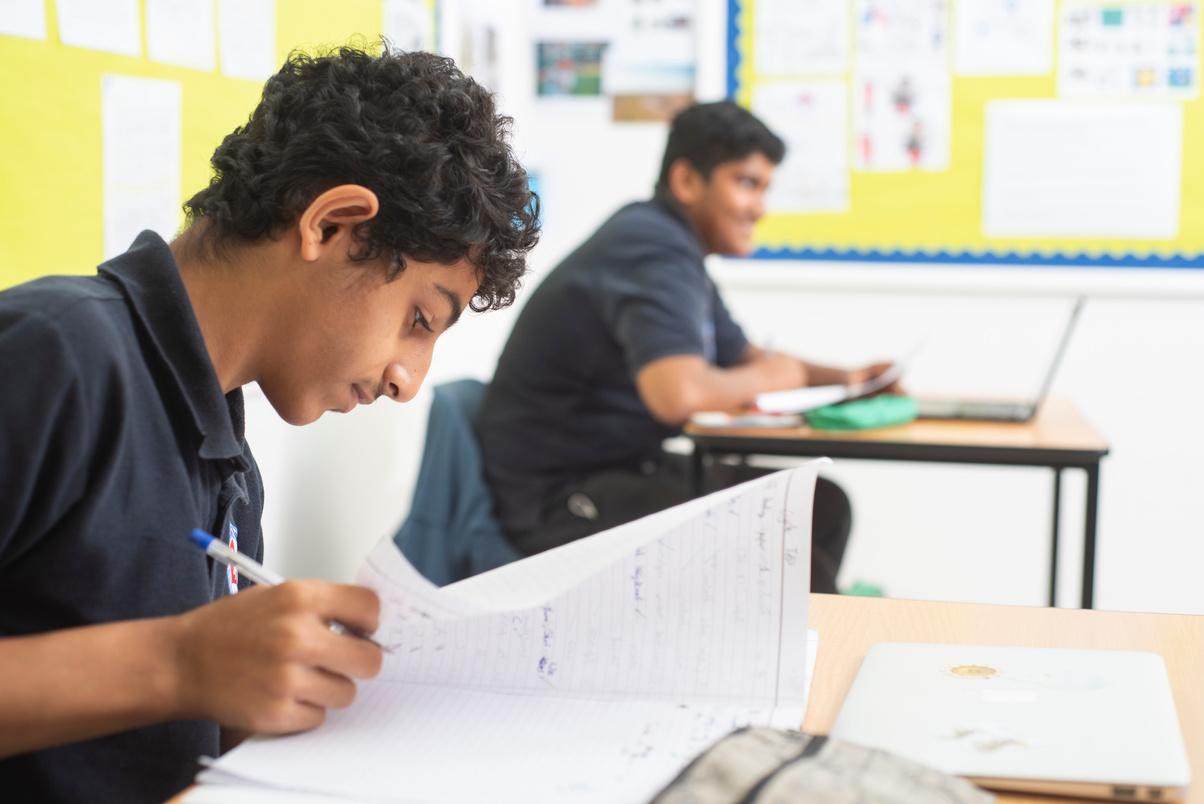
1 minute read
Secondary News
Revision Tip - The Importance of Sleep
Sleep is a critical component of effective revision. It is essential for consolidating memories and enhancing cognitive function, which are both important for effective learning. Lack of sleep can negatively impact the revision process, leading to decreased focus, memory retention, and overall productivity.
Advertisement
During sleep, the brain processes the information it has received throughout the day. It sorts through this information, categorises it, and stores it in the appropriate locations in the brain. This process is critical for consolidating memories, which is essential for long-term retention. Therefore, students who do not get enough sleep may find it more difficult to retain information, even if they have spent many hours revising.
Sleep is essential for cognitive function. Sleep deprivation has been linked to decreased focus, attention, and decision-making abilities. This can have a significant impact on revision, as students need to be able to concentrate for extended periods to absorb new information effectively. Additionally, lack of sleep can lead to increased stress levels, which can further impair cognitive function, making it even more challenging to focus and retain information
Getting enough sleep is also important for maintaining physical health. When we sleep, our bodies have a chance to rest and recover. Sleep is critical for repairing and rejuvenating the body, and a lack of sleep can lead to physical fatigue, which can make revision more difficult.
Below are some tips for getting more sleep:
Stick to a regular sleep schedule, going to bed and waking up at the same time every day, even on weekends
Create a relaxing sleep environment that is cool, dark, and quiet. Consider using earplugs or an eye mask if necessary.
Avoid caffeine in the evening as it can disrupt sleep and cause you to wake up frequently during the night. Limit your exposure to screens before bed, as the blue light emitted by electronic devices can interfere with your circadian rhythm and make it harder to fall asleep
Practice a relaxing bedtime routine, such as taking a warm bath, reading a book, or practicing yoga or meditation.






